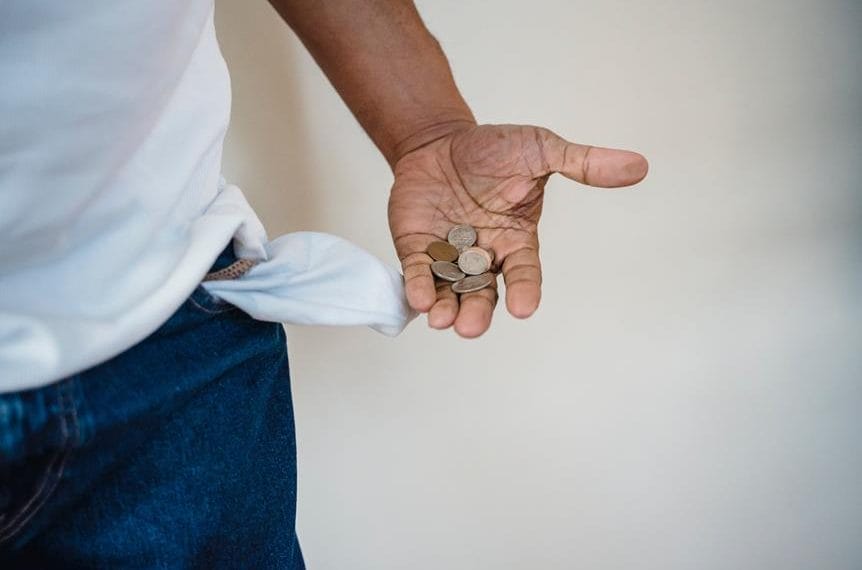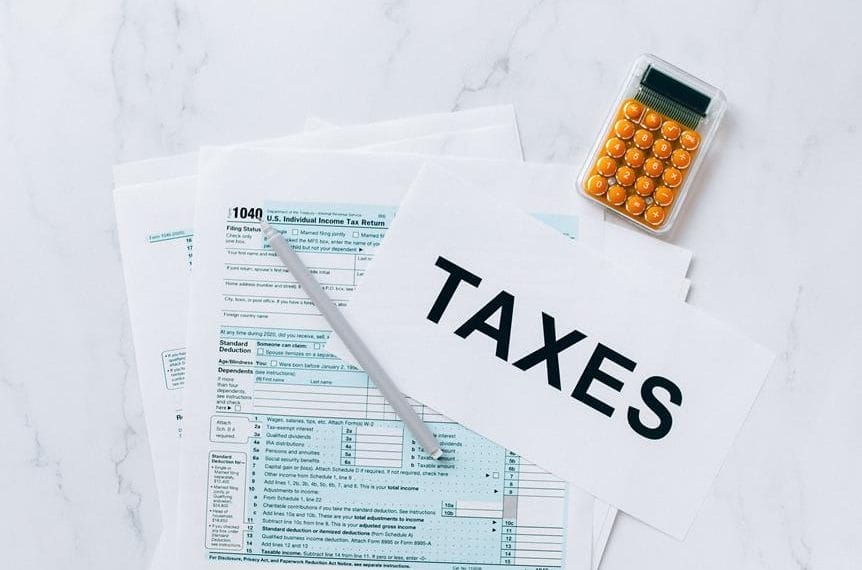Being a tenant comes with its own set of challenges and uncertainties. One such situation is when your landlord files for bankruptcy. It’s important to understand the implications and take appropriate steps to protect your rights and interests as a tenant.
When your landlord files for bankruptcy protection, you might be wondering what this means for you and your lease agreement. The good news is that in most cases, you won’t have to leave your rental home immediately. You can typically stay in your rental until the end of your lease or have an opportunity to renew your lease.
However, there are certain circumstances where you might need to leave earlier, such as if you’re a month-to-month tenant or if your landlord rejects the lease. The type of bankruptcy your landlord files for can also affect you as a tenant, as it may lead to the sale of the rental property and the introduction of a new landlord who may require you to sign a new lease.
It’s crucial to understand your rights in this situation and consult with a legal professional if needed. Familiarize yourself with tenant rights, lease agreements, and the eviction process to ensure you are well-informed about your obligations and protections during bankruptcy proceedings.
Staying in Your Rental During Bankruptcy Proceedings
If your lease is expiring, there are several scenarios to consider when your landlord files for bankruptcy. Depending on your local tenant laws and the terms of your lease, you may have different options and outcomes. Let’s explore the potential situations you may encounter:
Lease Expiration
If your lease is coming to an end, your landlord may not offer you a renewal lease. However, this varies based on your local tenant laws. Some jurisdictions guarantee tenants the right to renew their leases, ensuring you have the opportunity to stay in your rental even during bankruptcy proceedings.
Rental Sale
During bankruptcy, your rental property may be sold to someone who intends to live in it. In this case, the new owner could provide you with a notice to vacate before the end of your lease. The timing and specifics of this situation depend on local laws and the terms outlined in your lease agreement. Make sure to review your lease carefully and familiarize yourself with your rights as a tenant.
Lease Rejection
If your landlord rejects the lease during bankruptcy, you may have some choices to make. One option is to sign an Agreement to Cancel Lease, which allows you to terminate the lease agreement early. Alternatively, you can choose to continue living in the rental until the end of your lease. However, keep in mind that if you continue living in the property after the lease is rejected, your landlord is relieved of most of their obligations. This means that you may need to address any repairs or maintenance issues yourself. Additionally, you may have the opportunity to negotiate a reduced rent to compensate for any obligations your landlord fails to fulfill.
Rent Payments
Regardless of the bankruptcy proceedings, it is crucial to continue paying your rent on time. Even if the ownership of the rental property changes, your responsibility to make rent payments remains the same. However, in some cases, you may receive instructions to pay rent to a different recipient. To ensure the legitimacy of such requests, verify the information with your current landlord, the bankruptcy court, or your legal counsel to avoid falling victim to scams or unauthorized demands.
Understanding your rights and options as a tenant during bankruptcy proceedings is essential. It is advisable to familiarize yourself with local tenant laws and consult with a legal professional to ensure you make informed decisions and protect your interests.
Impact on Security Deposit and Rent Payments
If your landlord files for Chapter 7 bankruptcy protection, it may have consequences for your security deposit and rent payments. In many cases, landlords who file for Chapter 7 bankruptcy will sell their rental property to pay off their debts. This means that you may find yourself with a new landlord who will generally honor the terms of your current lease.
If your lease is set to end, you are typically entitled to the return of your security deposit unless your landlord has a non-bankruptcy reason for withholding a portion of it. However, if your landlord sells the property and no longer has the ability to return the deposit, you may need to file a claim with the bankruptcy court to recover your funds.
In the case of Chapter 13 bankruptcy, where the landlord seeks to reorganize their debts and create a payment plan, they may still choose to sell the rental property or turn it over to the bank. In such scenarios, it is crucial to communicate with your new landlord to verify the status of your security deposit and understand the payment process moving forward.
| Scenario | Action |
|---|---|
| Your landlord sells the rental property during Chapter 7 bankruptcy | Verify the status of your security deposit with your new landlord or file a claim with the bankruptcy court. |
| Your landlord files for Chapter 13 bankruptcy | Communicate with your landlord to understand their intentions regarding the rental property and clarify the status of your security deposit. |
It’s crucial to stay informed about the bankruptcy proceedings and take appropriate action to protect your rights as a tenant. Engaging a legal professional can provide valuable guidance in navigating the complex process of tenant rights during bankruptcy. Remember to continue paying your rent on time, even if there is a change in ownership, and ensure the accuracy of payment instructions provided by your current landlord or the bankruptcy court.
Ensuring Protection and Understanding Your Rights
As a tenant, it’s crucial to prioritize your legal protection and financial security when your landlord files for bankruptcy. To navigate this challenging situation, familiarize yourself with local tenant laws and consult with a legal professional if needed. Understanding your rights is key to ensuring you have the necessary knowledge to protect yourself.
Throughout the bankruptcy process, it’s important to continue paying rent on time, even if there are changes in the ownership of the rental property. If you receive a notice to pay rent to a different person, verify the information with your current landlord, the bankruptcy court, or your attorney to avoid falling victim to potential scams.
Stay informed about the bankruptcy proceedings to fully comprehend any motions to sell the property “free and clear” of tenant rights. Acting promptly and engaging legal counsel can help safeguard your tenant rights and financial security. Remember, property management may change hands during this time, so proactive measures are crucial to protecting your interests.













